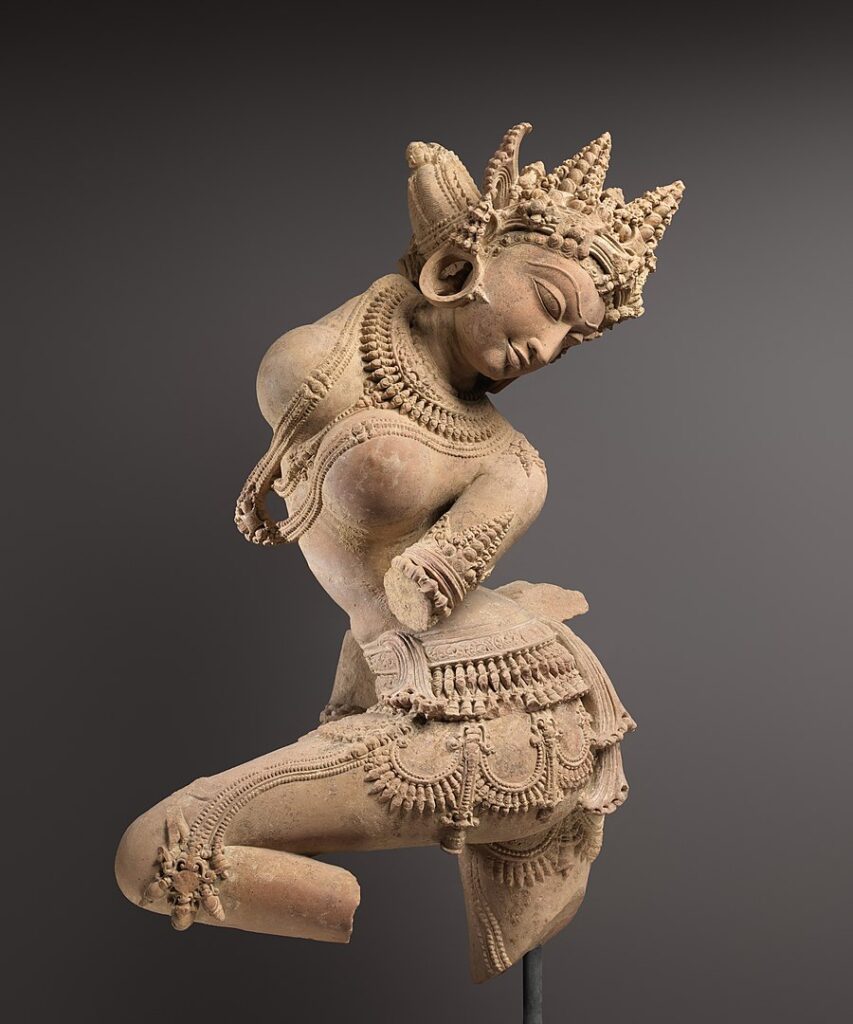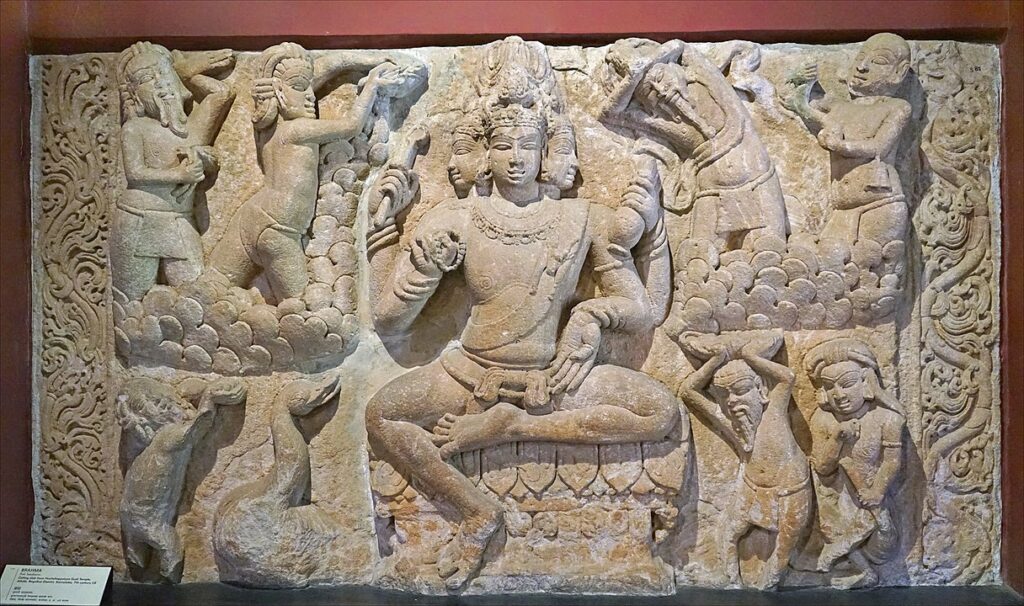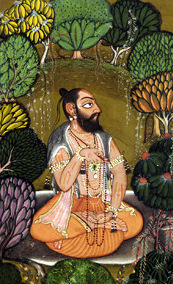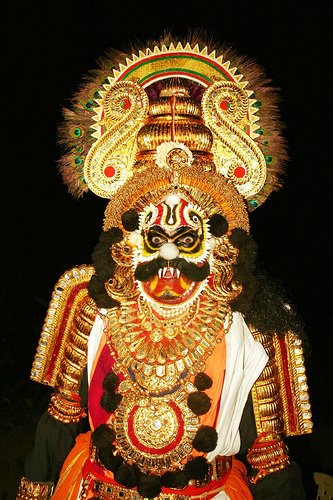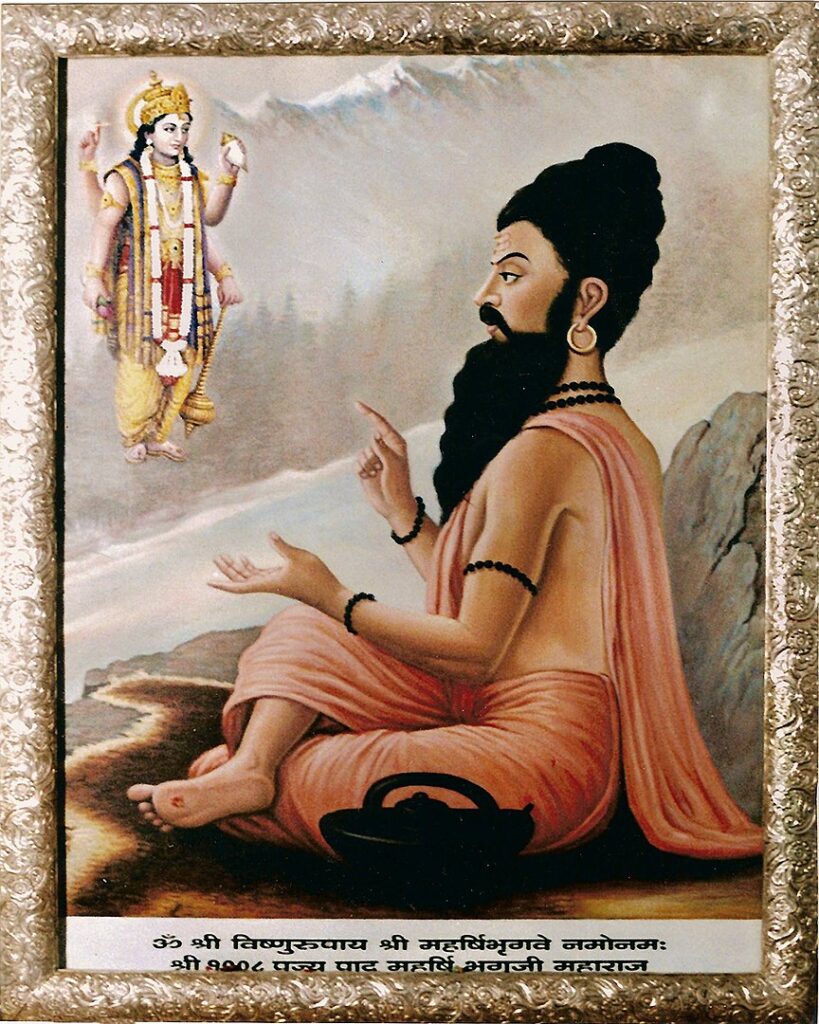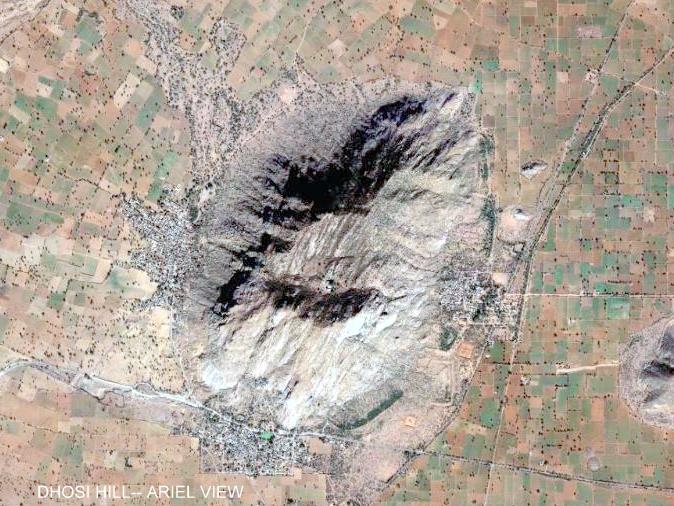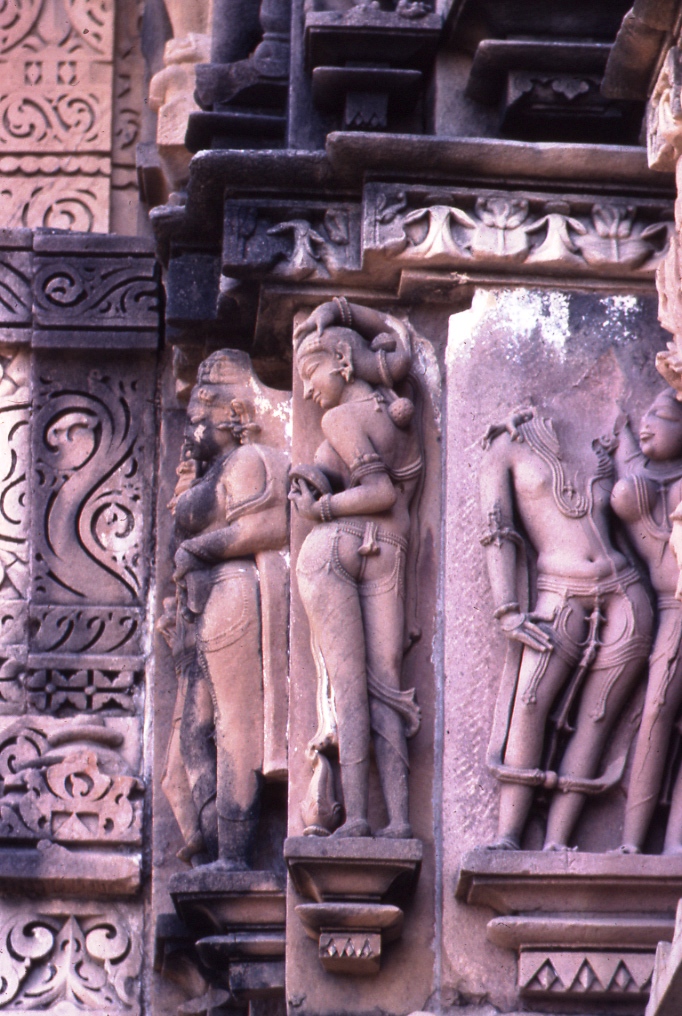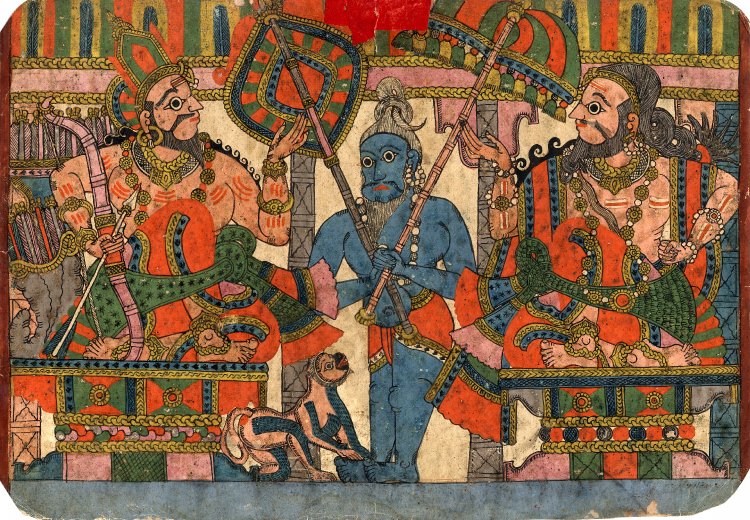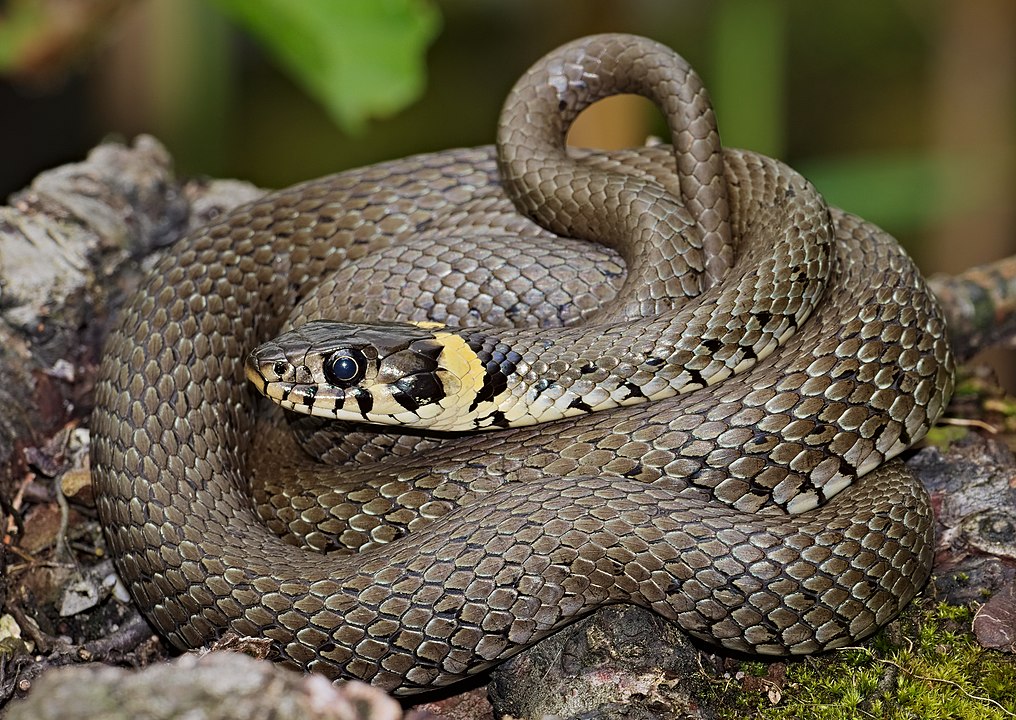
Table of Contents (The Complete Mahabharata in Simple English)
Previous Post: Sage Ruru and Pramadvara — A Beautiful Love Story
| Note: In the previous post, we read about the beautiful love story of Sage Ruru and Pramadvara. In this post, we will read about how Ruru’s anger toward snakes was calmed by an old Dundubha snake. |
Ruru was very happy to have a wife like Pramadvara. She was beautiful, bright, and gentle like the filaments of a lotus flower. She was the kind of woman who was extremely hard to find.
However, even after Pramadvara came back to life, Ruru was unable to forgive the snake for biting his beloved. Consequently, he made a vow to destroy the entire serpent race. Whenever he saw a serpent, he would be filled with anger and would destroy it with a weapon.
One day, Ruru entered a deep forest. There, he saw an old serpent of the Dundubha species on the ground. He immediately picked up his stick to strike the serpent. But before Ruru could strike the serpent, it said to Ruru, “O brahmana, why are you trying to slay me? I have not harmed you in any way.”
Ruru replied, “A snake once bit my wife who is as dear to me as my own life. After that, I took a vow that I would destroy every snake I came across. Therefore, I will strike and destroy you too.”
The Dundubha replied, “O brahmana, I am a snake of the Dundubha species. We do not bite humans. We are serpents only in name. We do not enjoy the things that serpents enjoy, but, unfortunately, we are subject to human anger just like the other poisonous serpents. Humans do not understand this. Therefore, O brahmana, Dundubha snakes should not be slain.”
When Ruru heard these words, he also noticed that the old Dundubha snake was indeed afraid of being hit by Ruru. The brahmana decided not to hit the snake. He first comforted the snake and then asked him, “O snake, tell me, who are you in reality?”
The snake answered, “I used to be a rishi. My name was Sahasrapat. However, I was transformed into a snake because of a brahmana’s curse.”
Ruru asked, “O best of snakes, why did the brahmana curse you? How long will you have to remain as a snake?”
| Note: A Dundubha is a non-poisonous water snake. In the next post, we will find out why rishi Sahasrapat was cursed to become a snake and how long he would have to remain in that form. |
Next Post: Rishi Sahasrapat Regains his Human Form
Table of Contents (The Complete Mahabharata in Simple English)


